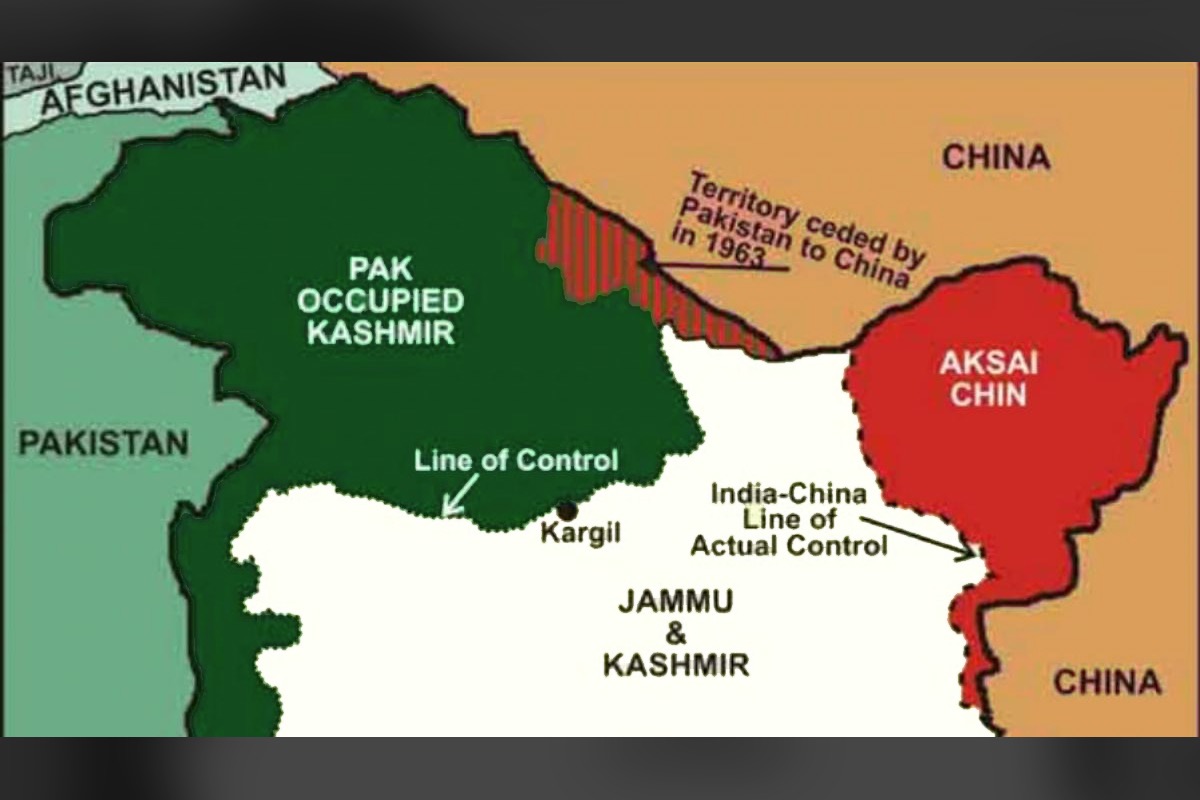China’s recent move to rename places in Arunachal Pradesh that Beijing claims as part of Southern Tibet, has been met with strong opposition from India. This is not the first time China has made such an attempt, and India has rejected it outright, stating that these invented names will not affect India’s sovereignty over the region.
China has been illegally occupying nearly 90,000 square kilometers of area in Arunachal Pradesh, and its claims have only increased mistrust between India and China. Tawang, the westernmost town of the frontier state, is at the core of this dispute and is a holy place for Tibetans.
Some experts suggest that India should respond to China’s attempts of transgressing and renaming places in Arunachal Pradesh, by naming geographical locations within Occupied Aksai Chin by their historical Ladakhi names. This would send a strong message to China that India will not tolerate its aggressive territorial claims and attempts to change the status quo.
Moreover, the fact that the Tibetan language is a derivative of Sanskrit and not Mandarin Chinese language cannot be ignored. There are Sanskrit names of places like Hotan, Kashgar, and Tashikurgan, as well as East Turkestan. India can use this knowledge to its advantage and rename places in occupied Aksai Chin and Tibet using their original Sanskrit names.
The timing of China’s latest move is also questionable, as it comes just ahead of the scheduled visit of China’s newly appointed Defence Minister General Li Shangfu to India. It is also important to note that Chinese President Xi Jinping is expected to visit India for the SCO summit in July.
In light of these developments, it is essential for India to take a strong stance and show China that it will not back down when it comes to defending its territorial integrity. Therefore, India should consider renaming places in occupied Aksai Chin and Tibet using their original Sanskrit names as a tit-for-tat response to China’s aggressive territorial claims. This will not only send a message to China but will also help in cementing India’s sovereignty over these regions.










